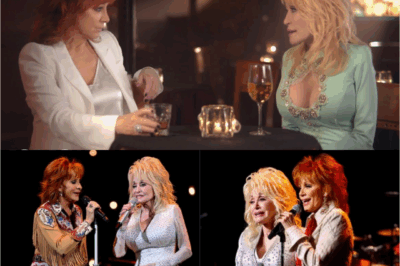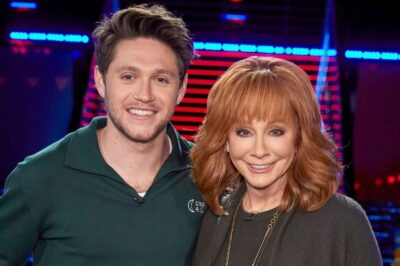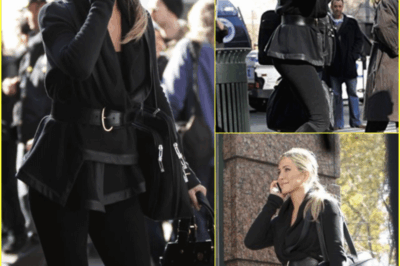Sue Bird, a revered icon of the WNBA and a player whose career has defined an era of excellence, has become the focal point of a raging debate after seemingly defending the league and its officiating against criticism that has intensified following Caitlin Clark’s arrival.
Bird’s comments, interpreted by many as a staunch defense of the WNBA’s current state, have ignited a firestorm of fury amongst fans, who are accusing her of dismissing legitimate concerns and overlooking systemic issues.
:max_bytes(150000):strip_icc():focal(999x0:1001x2)/sue-bird-caitlin-clark-100324-7a732621662f466ba74a4a4883b1fea0.jpg)
The reaction has been swift and overwhelmingly negative, with many labeling her defense as tone-deaf and out of touch with the growing discontent surrounding the league’s competitiveness and officiating.
The controversy erupted after a series of statements Bird made during a recent interview, responding to criticisms about officiating inconsistencies and the overall state of play in the WNBA, particularly as it relates to the increased scrutiny brought on by Caitlin Clark’s record-breaking performances.
While Bird didn’t directly address the criticisms of bias or questionable calls, her general defense of the league and a perceived dismissal of the concerns surrounding refereeing have been interpreted by fans as a failure to acknowledge the growing frustration within the fanbase.
This perceived lack of accountability has fueled a widespread backlash, with many feeling that Bird, a respected voice within the league, should be advocating for improvements rather than defending the status quo.
A primary source of fan anger revolves around the consistency or lack thereof in officiating within the WNBA. Numerous instances of questionable calls, missed fouls, and inconsistent interpretations of rules have plagued recent games, impacting game outcomes and detracting from the overall enjoyment of the sport.
Fans feel that these officiating issues are not merely minor inconveniences but significant impediments to the league’s credibility and competitiveness. The recent heightened visibility due to Caitlin Clark’s popularity has amplified these concerns, with every call under greater scrutiny.
Many perceive that officiating errors have unfairly impacted Clark’s game and contributed to a feeling that the league isn’t consistently upholding the standards of professional sports.
The backlash against Bird goes beyond simply disagreeing with her perspective; it’s fueled by a perception of betrayal. Bird has long been held up as a symbol of integrity and a voice for the WNBA. Her comments are seen by many as a dismissal of the very real concerns being voiced by fans and players alike.
There’s a strong sentiment that she is prioritizing the league’s image over acknowledging and addressing systemic problems. This perception is particularly stinging given her decades of dedication to the sport and her history of advocating for player rights.
The narrative surrounding Caitlin Clark is intrinsically linked to the current controversy. While Clark’s extraordinary talent and record breaking feats have undeniably generated unprecedented interest in the WNBA, they have also brought pre existing issues to the forefront. The heightened scrutiny surrounding officiating has become more pronounced, with every call under a microscope.
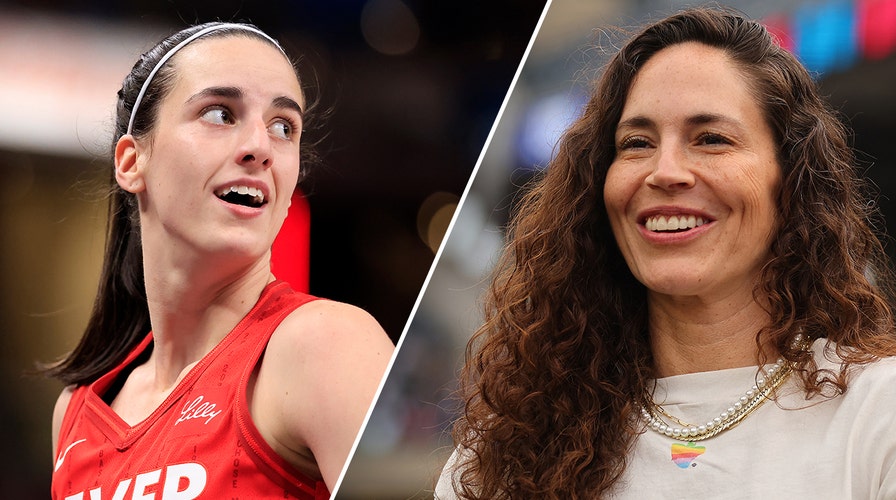
Bird’s defense of the league and its officiating is viewed by many as an attempt to deflect from these criticisms and shield the WNBA’s image, rather than engaging in a constructive dialogue about necessary improvements.
Social media platforms have erupted with criticism directed towards Sue Bird, with hashtags like #SueBirdDefendedTheProblem and #WNBAOfficiatingFail trending globally. Fans are sharing video clips of disputed calls, highlighting instances where officiating appeared to have unfairly impacted game outcomes.
Many are questioning whether Bird’s loyalty to the league is superseding her commitment to fairness and competitive integrity. The sheer volume of negative reactions demonstrates the depth of frustration felt by a significant portion of the fanbase.
Beyond officiating, criticisms extend to broader issues facing the WNBA, including player compensation, marketing strategies, and overall league revenue. While these are complex and multifaceted challenges, they contribute to a general sense that the league isn’t reaching its full potential.
Bird’s defense of the league without acknowledging these larger systemic problems is viewed as a failure to address the root causes of the discontent. Fans feel that a more candid and honest assessment of the league’s shortcomings is necessary for sustainable growth.
The controversy highlights the delicate balance between promoting a league and acknowledging its flaws. The WNBA is striving to attract new fans and generate revenue, but it must also address legitimate concerns about competitiveness and fairness.
Bird’s comments have underscored the challenges of navigating this delicate balance and the potential consequences of prioritizing image over substance. It raises questions about whether the league is truly listening to its fanbase and addressing their concerns in a meaningful way.
This incident serves as a stark reminder of the responsibility that athletes hold as influential figures. Bird, as a respected voice in the WNBA, has a platform and an opportunity to advocate for positive change.
Her perceived failure to do so has sparked widespread disappointment and frustration. The controversy raises questions about the role of athlete activism and the expectations placed upon players to speak out on issues affecting their sport.
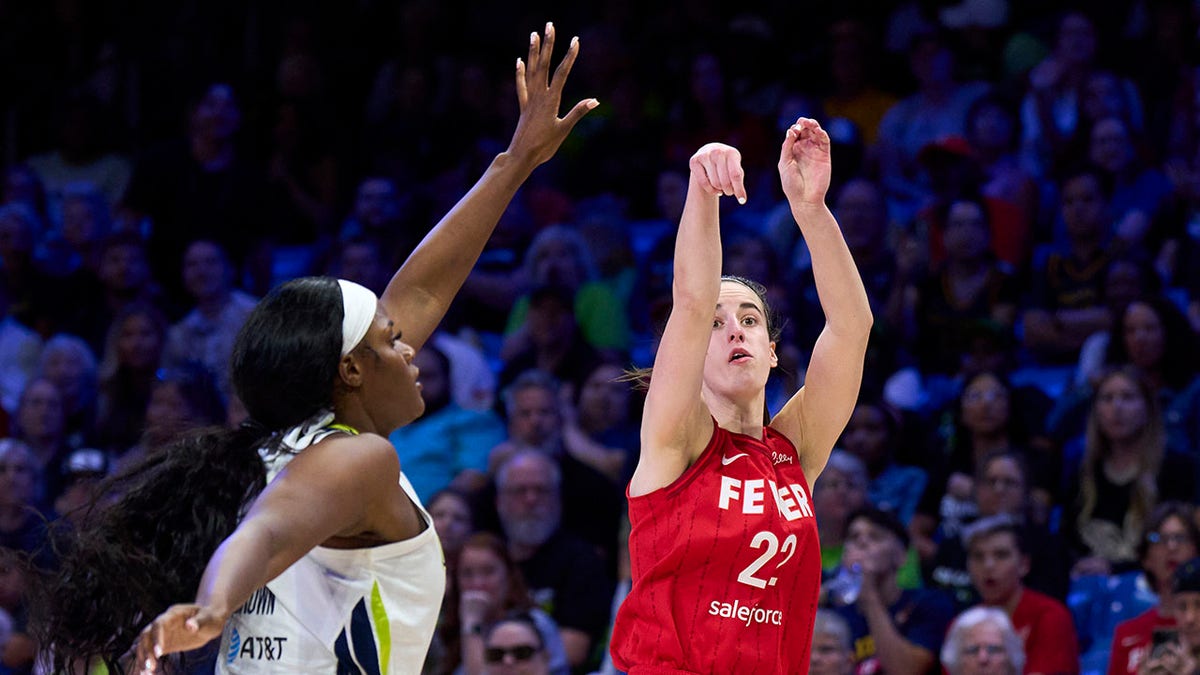
The fallout from this controversy is likely to continue. Sue Bird has yet to issue a formal apology or address the specific concerns raised by fans. However, the intensity of the backlash suggests that the issue is far from resolved.
The incident has not only reignited the debate surrounding WNBA officiating but has also prompted a broader conversation about the league’s direction and the need for greater transparency and accountability. The future of the WNBA, and its relationship with its fanbase, may well depend on how these issues are addressed.
News
“I Still Miss Him”: Dolly Parton Breaks Down Mid Song as Reba McEntire Joins Her for Heart Shattering Tribute to Late Husband Carl Dean.
“I Still Miss Him”: Dolly Parton Breaks Down Mid Song as Reba McEntire Joins Her for Heart Shattering Tribute to…
This guitar carried my soul on its strings when no one knew my name…
In the electric silence that follows a singer’s last note, when the world holds its breath in anticipation of what’s…
The Voice reveals 4 returning coaches for season 28 including Niall Horan and Reba McEntire
The duo will be joined by fellow show alums Michael Bublé and Snoop Dogg. Nial Horan and Reba McEntire on…
Reba McEntire: “Drag Queens Don’t Belong Around Our Kids”
Reba McEntire Sparks Controversy with Statement on Drag Queens and Children. Country music legend Reba McEntire has found herself at…
Reba, Miranda Lambert, & Lainey Wilson Debut Powerful New Song, “Trailblazer,” At The ACM Awards
“Trailblazer” Is A New Song That Celebrates The Influential Women Of Country Music’s Past And Present Reba McEntire, Miranda Lambert, and Lainey…
Jennifer Aniston made a surprise appearance with a dazed expression and an unresolved…
Jennifer Aniston is no stranger to the public eye. For decades, she’s been one of the most beloved faces in…
End of content
No more pages to load

